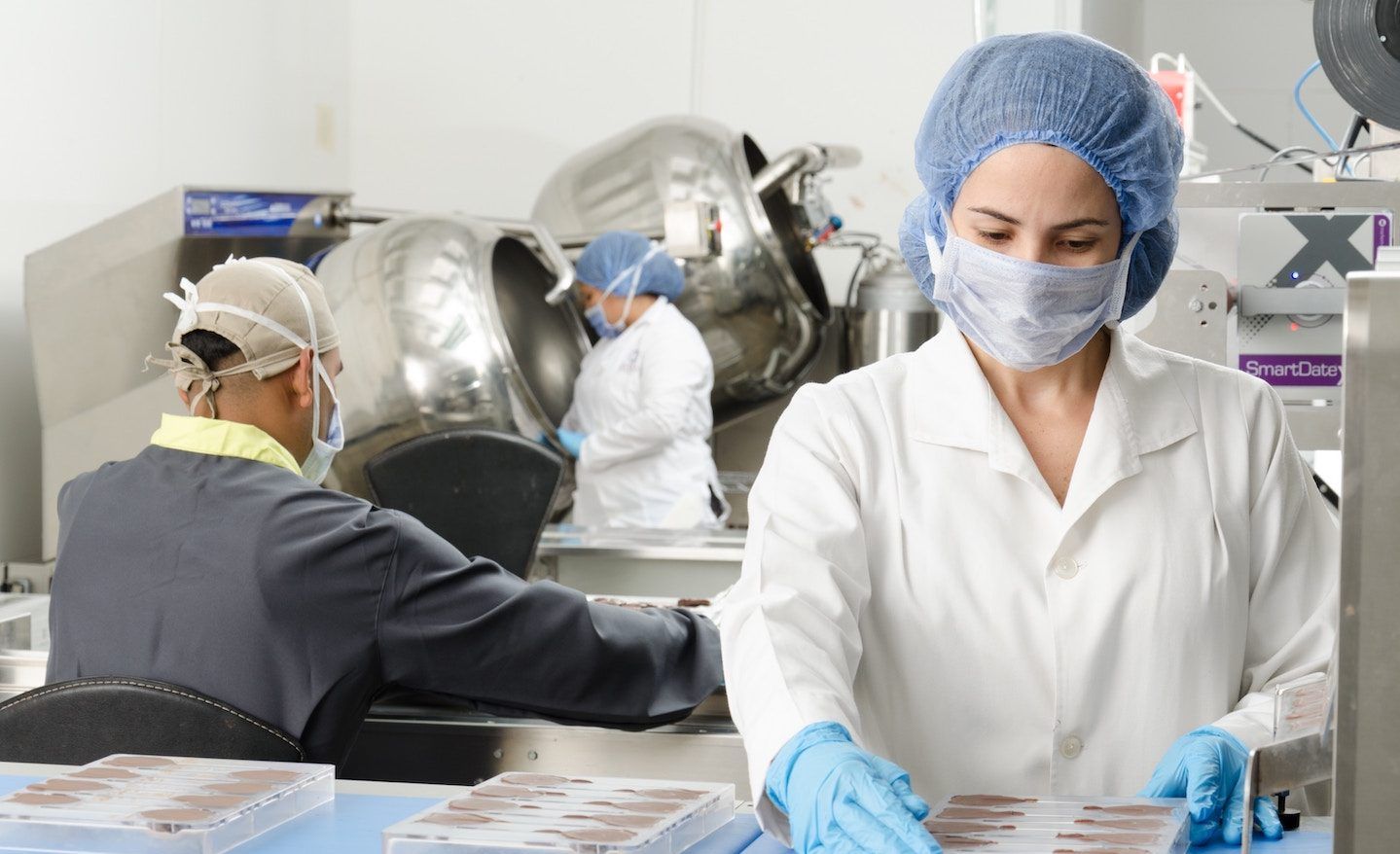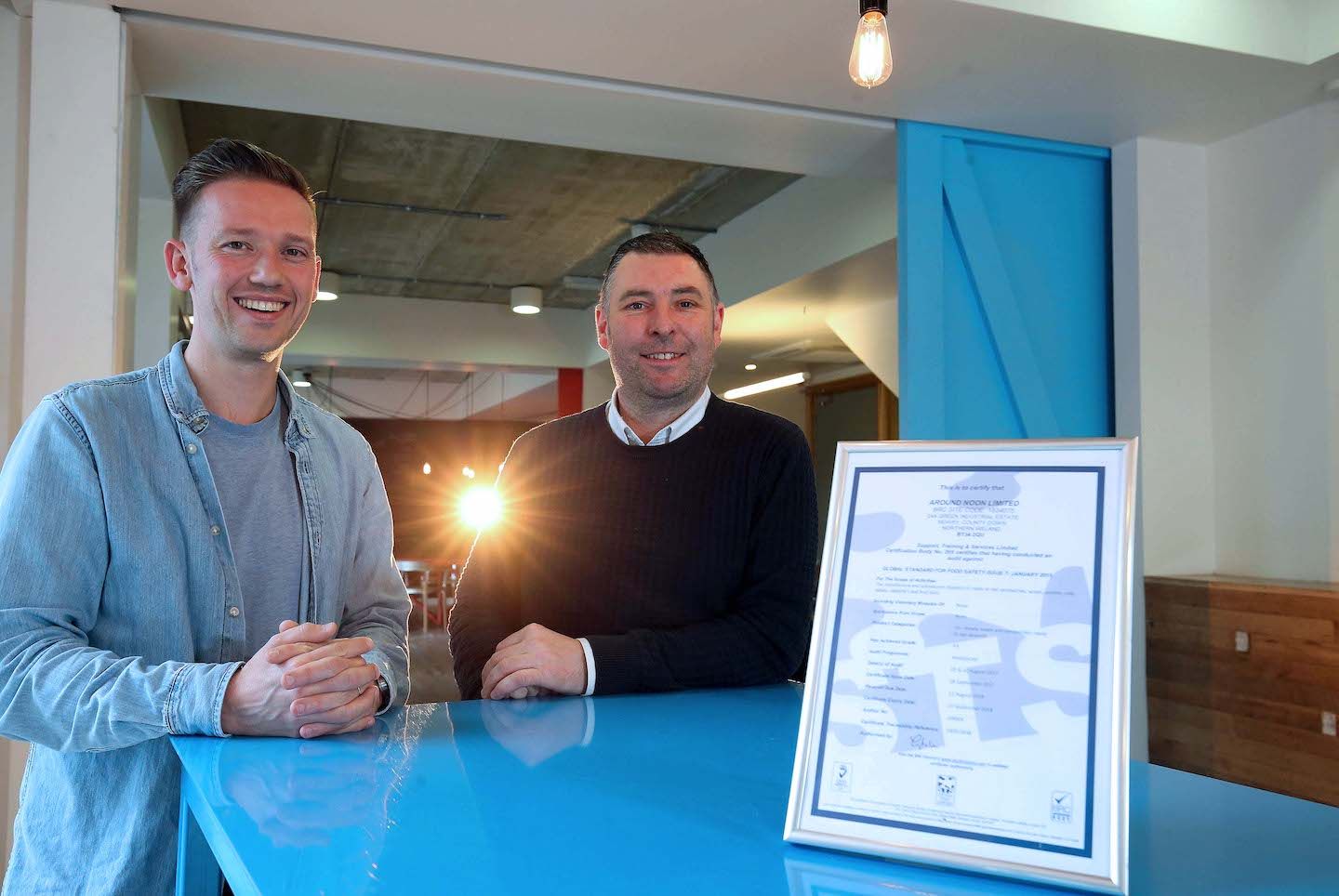Energy Campuses at concept stage for two NI cities
“Utility regulation is moving away from protecting utilities and moving towards protecting consumers,” says Bob Barbour, CEO of the Centre for Competitiveness. […]
March 1, 2019

“Utility regulation is moving away from protecting utilities and moving towards protecting consumers,” says Bob Barbour, CEO of the Centre for Competitiveness. Bob has spent the past 11 years trying to develop and grow a “cluster” for renewable energy in Northern Ireland.
From Bob’s vantage point, “There’s a big, big opportunity for wind farms in NI.”
That’s because there’s “a step change coming” in regards to storage solutions for renewable energy. Storage has always been a rate-limiting factor, because it begs the question how you bring energy from a wind turbine in the countryside that’s often generating power in the night, to an urban centre where the electricity is needed in the daytime.
Bob explains, “There’s a massive change coming in resilience of the grid for renewable energy. This will generate a market opportunity in batteries that will help store the energy and distribute it to where it’s used.”
The Battery Scoping project, underway with Ulster University’s Centre for Sustainable Technologies, will examine the most cost-effective solutions for storage batteries. The project will also encompass solar power technology.
Bob says, “We assume that in order to get to the stated goal of 70% renewable electricity by 2030, we will need 340MW of battery storage in NI.”
Part of the growing market opportunity for renewable energy, according to Bob, will include two Energy Campuses – a truly exciting development for two NI cities.
Reading between the lines, I presume these campuses will generate more electricity than they consume, capturing the power of the environment (wind, solar, tidal or marine) while being a space for good companies and good jobs.
The campuses will go a long way towards the goal of having 70% of our electricity needs met by renewable sources.
Bob says, “The energy campus is still conceptual – we’re still getting buy-in from key players.”
I ask, will the campus include only commercial opportunities, or could it also include residential properties? Personally, I want to live on a forward-thinking, self-sustaining energy campus.
“We’re thinking very differently,” he says, clearly excited, but also bound by the constraints of what he’s able to say publicly at this time.
Bob’s work in renewables began in 2008, when he began to ask the question: Why aren’t we capitalising on the opportunity for renewable energy in Northern Ireland? He began to set out how NI could create a cluster in the space.
Bob then formed Smart Grid Ireland, and got patrons on board including ESB and Sustainable Energy Authority Ireland. The group has commanded the attention of universities and governments, to great effect.
“In Northern Ireland, we have the expertise on the ground to design renewable energy technology, to generate and use the power, through the whole lifecycle. It was obvious that we needed an intelligent grid,” he says.
The sensor-laden grid will ensure there are connected metres delivering daily or regular updates on power usage; controls will be connected in such a way to enable split-second decisions; and back office analytics will provide utility providers with far more data than they’ve ever had.
Of course, the smart grid will require robust cyber security solutions to protect it.










